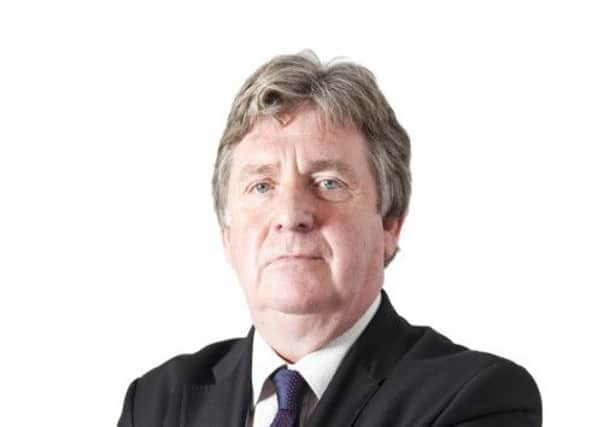Comment: Jobs data stokes fear of interest rates


The Office for National Statistics (ONS) also had some good news for Scotland, with employment here reaching its highest level since the summer of 2008.
This is the ninth-consecutive month that employment has risen north of the Border and, adding to the general better UK unemployment picture, the ONS revised its benefit claimant count for August to show a drop of 41,600 – a reduction of 9,000 more than first reported.
Advertisement
Hide AdAdvertisement
Hide AdOf course, with this fragile recovery it is still not unmitigated good news. There remain one million 16-to-24-year-olds out of work and it is clear wage restraint – and reduced living standards – are the flipside of the coin.
It is why the UK government’s trumpetings on the good news are diluted with the acknowledgement that, for many, this remains a curiously bloodless and jobless recovery. We are “recovering” without an increase in living standards.
Wage increases, if achieved at all, are tending to be below inflation, adding to the pressures on households.
The latest figures will strengthen the belief of many in the City that employment will continue to fall faster than the Bank of England forecasts, from its current 7.7 per cent of the population, and thereby mean an interest rate rise in late 2014 or 2015 rather than the BoE’s projection of the third quarter of 2016.
Even without the caveats above, we should not be sniffy about good news on the employment front. Austerity and pay freezes would be even worse to bear if there was absolutely no sign we have emerged from the worst of the downturn.
Fortunately, it looks like we have.
Road to recovery still littered with potholes
Reinforcing the mixed picture on the employment market, the third-quarter economic survey from the Scottish Chambers of Commerce (SCC) says that, across the whole business landscape, confidence is stronger than a year ago.
A greater mood of optimism has gained a grip across virtually all sectors of the economy.
However, the SCC – like other business organisations and trade bodies – warns that the recovery remains frail and that it is unclear whether it is sustainable.
Just like with the employment picture, we seem to be on the right track – but that track remains potholed.